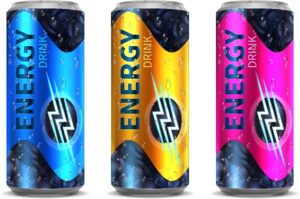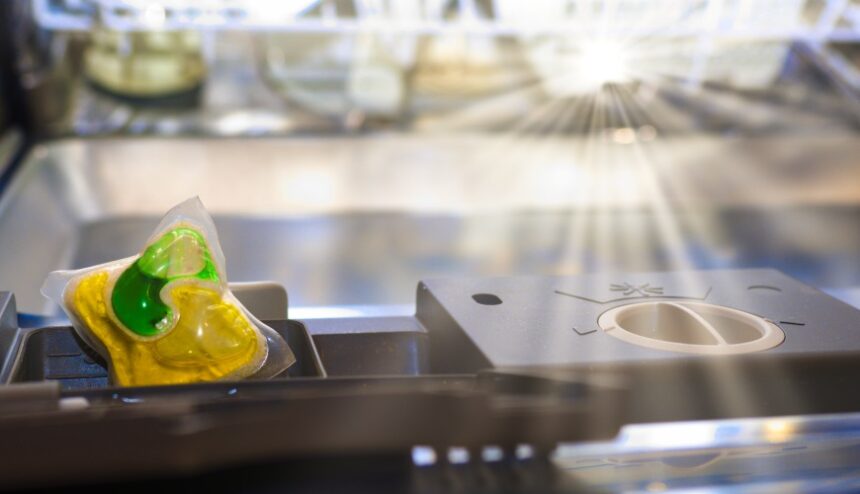Remember Mr. YukTM? The round green face with squinty eyes and its tongue sticking out? The Pittsburgh Poison Center created Mr. Yuk as a poison awareness symbol. Mr. Yuk stickers were one popular use of the image. They were plastered on medicine cabinets and cleaning products as a deterrent for children. If they see Mr. Yuk, don’t touch!
The dangers of poisons today can be less obvious and appear attractive or even trendy.
 Energy Drinks
Energy Drinks
Energy drinks are a stealthy poison because they’re marketed widely and attractively packaged. The FDA doesn’t regulate them, so there is no way to know the amounts of caffeine they contain. Moderate caffeine consumption is safe for adults, but children and young adults should not have more than 100 mg of caffeine per day.
The dangers of drinking several energy drinks or just slamming one down too fast can cause a headache, nausea, vomiting, an altered heart rate/rhythm, and many more. Be aware of your caffeine consumption. If your friend or family member drinks them, caution them about the dangers that energy drinks can cause to their health.
Tide Pods and Similar Detergent Packaging
In the first six years after Tide pods were introduced, there were almost 73,000 poison control calls—about 12,000 per year—most of them for children. Then in 2017, teens and tweens craving attention began posting videos of themselves taking the “Tide pod challenge” and the craze took off on the internet.
Beyond the trend of the Tide pod challenge (which, thankfully, faded), the danger with laundry and dishwashing pods is their appeal to the ones who aren’t on the internet. Young children or those with cognitive impairment, dementia, or Alzheimer’s see the squishy, colorful packets as candy. The danger has led to better packaging so someone can’t easily open the container, plus increased awareness for parents and caregivers to make sure the pod containers are well-sealed and stored out of reach.
Vaping and E-cigs
Some believe that “vaping”—inhaling vapors using electronic/e-cigarettes or vape pens—is safer than smoking and can even be a way to quit smoking regular cigarettes. However, when inhaling (vaping) heated nicotine using an e-cigarette or vaping device, chemicals are inhaled along with the nicotine. There is no way to know exactly what the chemicals are or what they will do to the lungs.
In January 2020, the Centers for Disease Control (CDC) “confirmed 60 deaths in patients with e-cigarette, or vaping, product use associated lung injury.” Those affected were using “black market” e-liquids, often vaped in modified devices. Their lungs contained vitamin E acetate—a thickener used in tetrahydrocannabinol (THC) products.
In addition to causing health concerns or even death for the users, e-cig devices and liquid nicotine also need to be kept out of the reach of children and disposed of properly. Children and toddlers who come in contact with the devices or the liquid have become very ill and needed treatment for nausea and vomiting at the ER.
Questions or Concerns on Poisoning?
If you have a poison-related question, call the Poison Help line at 1-800-222-1222. The poison expert will give you the advice you need that is fast, free, and confidential. Their advice may include calling 911.


